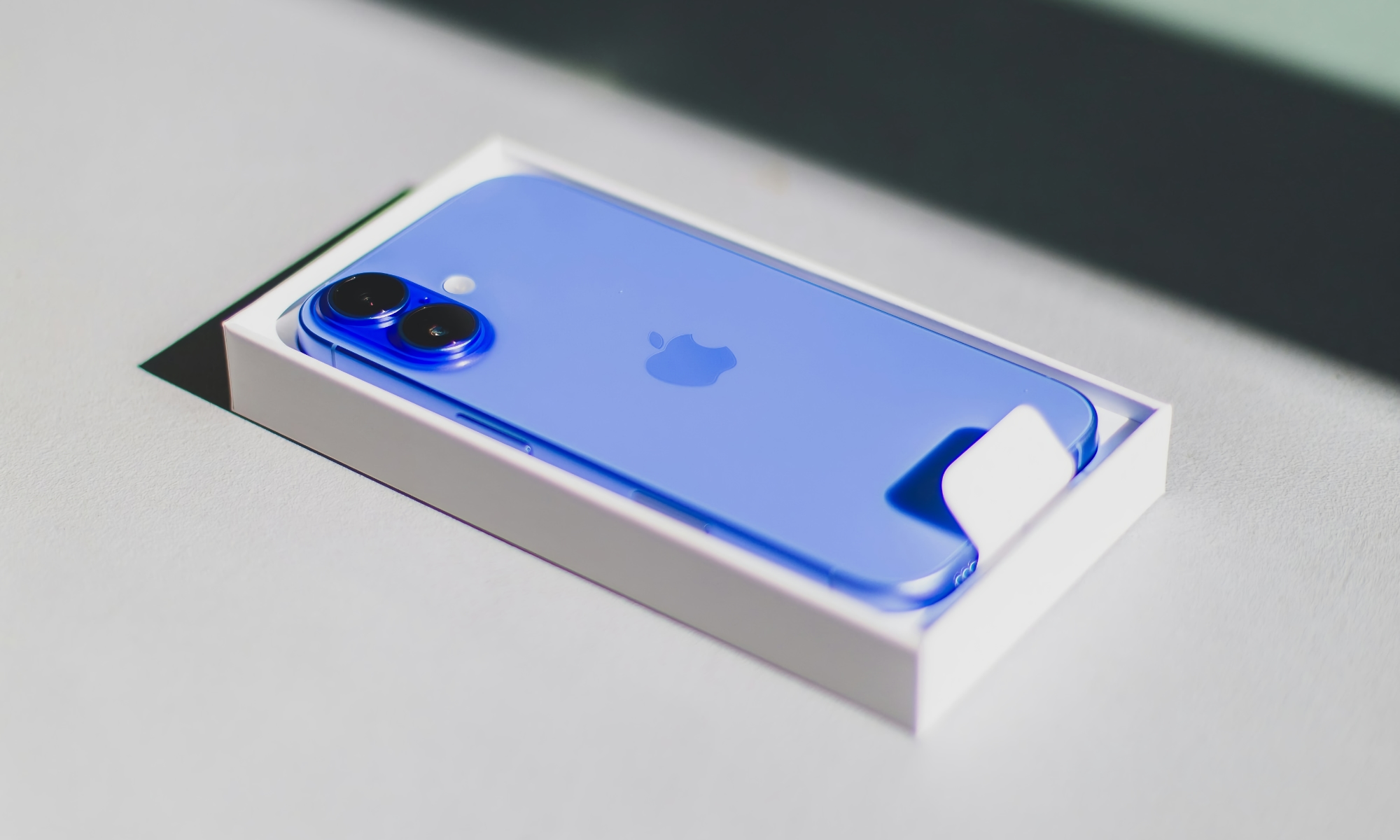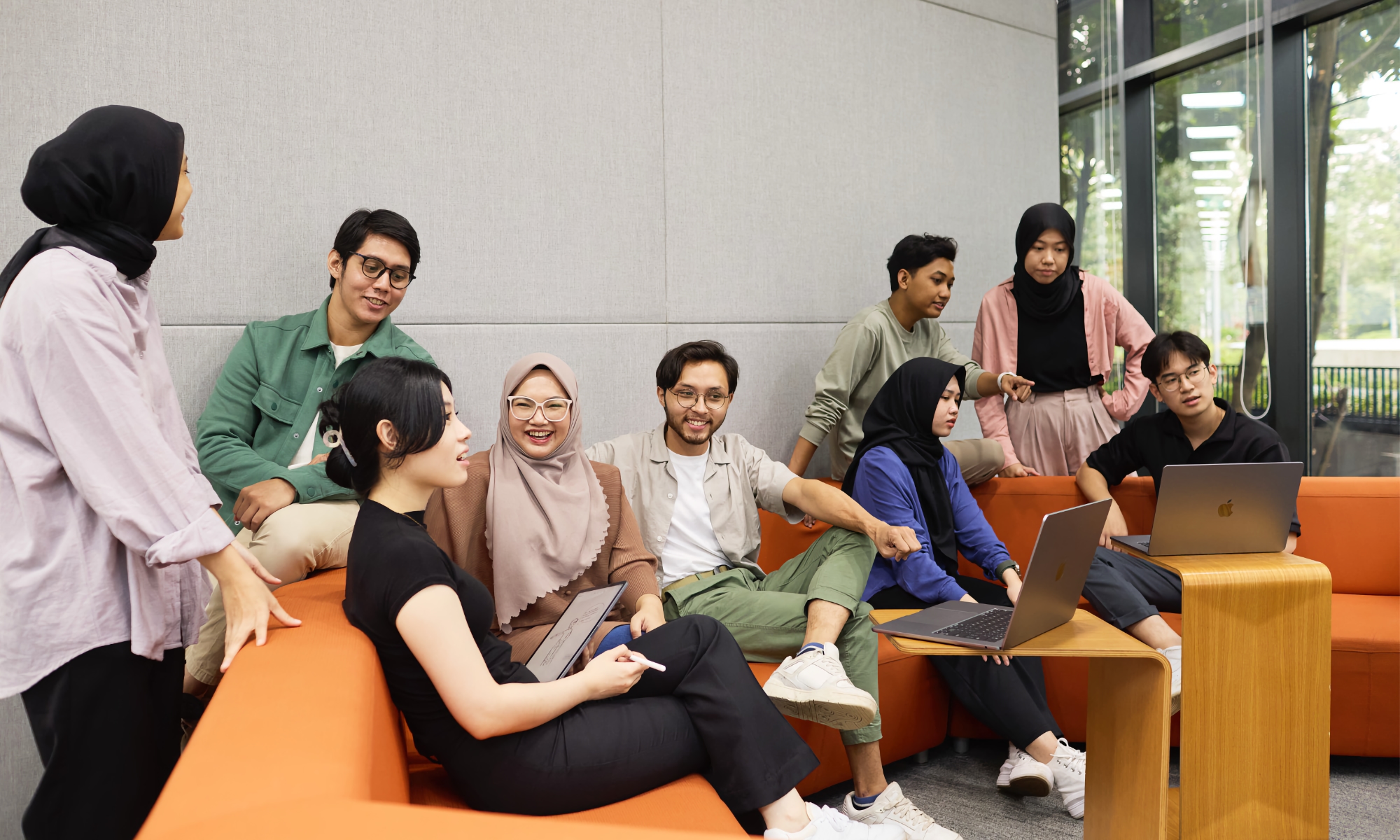The iPhone 16 Could Return to Indonesia By March
 Credit: Bram Van Oost
Credit: Bram Van Oost
Toggle Dark Mode
Apple may have finally convinced Indonesian regulators to allow the iPhone 16 to be sold in the country — and it’s only taken $1 billion and five months to get there.
For those who haven’t been following the story, the Indonesian government decided in October that Apple didn’t meet the standards of a government policy requiring foreign companies to source 40% of their components and manufacturing from within the country’s borders. In the past, Apple was able to satisfy Indonesian regulations by investing money in education and training rather than manufacturing, building developer academies within the country to stimulate the app economy.
Apple opened its first Indonesian Apple Developer Academy in Jakarta in 2018, followed by two more academies in Surabaya and Batam. Last April, it announced a fourth was slated to be built in Bali, while adding that more than 2,000 aspiring developers have been trained in the country, with 90 percent of graduates being employed in fields such education, e-commerce, and transportation. Many have also gone on to create their own app development businesses, including the unique children’s learning game WonderJack and the PetaNetra indoor navigation app to help blind and low-vision users.
Nevertheless, when the iPhone 16 came along Indonesian officials determined that Apple’s contributions to the country’s economy were no longer proportional or fair when measured against the massive profits it makes from selling its products in the country. Apple’s proposed $10 million investment to build the new developer academy in Bali and a second one in Jakarta, didn’t cut it. Indonesia’s Industry Minister said Apple was going to have to dig a lot deeper.
Apple upped its proposal to $100 million, adding a new research and development facility and a manufacturing plant for ear cup mesh components for the AirPods Max. When that offer was spurned, Apple put $1 billion on the table, promising to build a plant on the island of Batam to manufacture AirTags.
Indonesian President Prabowo Subianto liked the idea, but Industry Minister Agus Gumiwang Kartasasmita refused to sign off on it because AirTags and AirPods don’t count as “a locally made iPhone part.” Kartasasmita said there must be a direct relationship between the parts and products manufactured and the items that companies are permitted to sell.
So, Apple revised its proposal once again, offering to set up an iPhone assembly plant in Batam. The Indonesian government would still need to give Apple the green light to built such a facility, but they’re unlikely to say no considering how many new jobs it would create in the region — not to mention the high profile of Apple’s iPhone supply chain among Asian consumer electronics companies.
Today, Faris Mokhtar reported at Bloomberg that this may have finally appeased Kartasasmita and his fellow officials, who are reportedly preparing to “sign a memorandum of agreement with Apple as soon as this week.”
While nothing is official yet, a press briefing will reportedly be held once the deal is inked, and Bloomberg’s sources suggest that officials don’t want to waste any time as “the ministry intends to issue a permit allowing iPhone 16 sales as soon as possible.”
Interestingly, the people familiar with the matter said that Apple “has no immediate plans to start making iPhones in the country,” but that doesn’t mean it may not still be working behind the scenes. Apple’s supply chain is complex and takes time to shuffle around, so even if this was part of the proposal, it could take until 2026 or 2027 before a plant was ready to go into operation.
It’s also worth mentioning that this is only a deal in principle, and nothing is set until the deal is signed. “Indonesia has backtracked on decisions before and the deal could still fall through,” Mokhtar notes.
With 278 million people and 354 million active mobile phones, Indonesia is an important market for Apple, where it has thus far failed to penetrate the top five smartphone makers, even before the iPhone 16 ban came into effect. The recent release of the more affordable iPhone 16e has no doubt increased Apple’s motivation to get sales going again in Indonesia, where it will likely sell well in the country’s more price-conscious market.
[The information provided in this article has NOT been confirmed by Apple and may be speculation. Provided details may not be factual. Take all rumors, tech or otherwise, with a grain of salt.]









